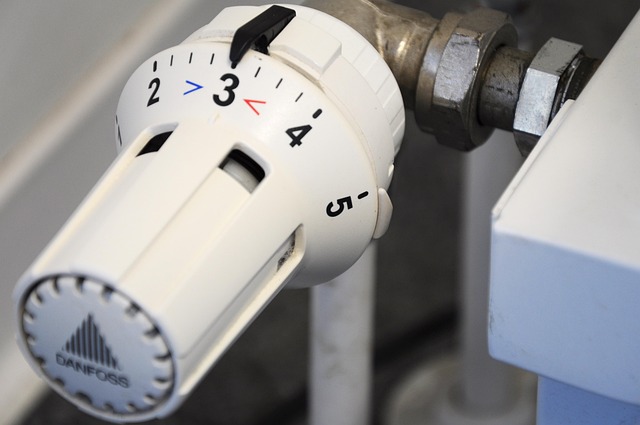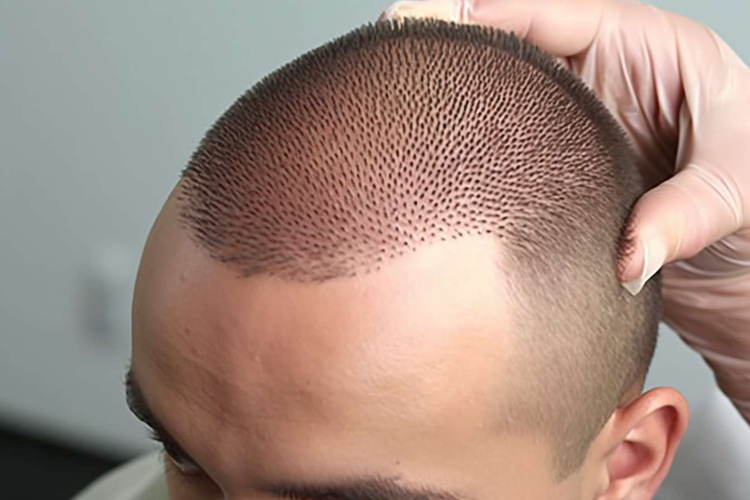You Might Be Treating Your Migraines All Wrong (Here’s Why)
Migraines can be debilitating, affecting millions of people worldwide. If you've been struggling with migraine relief, you might be surprised to learn that some common approaches could be ineffective or even counterproductive. This article explores why your current migraine treatment might not be working and offers insights into more effective strategies for managing this complex neurological condition.

What are the most common misconceptions about migraine treatment?
Many people believe that all headaches are the same and can be treated with over-the-counter pain relievers. However, migraines are a distinct neurological disorder that often requires specialized treatment. One common misconception is that caffeine always helps migraines. While caffeine can provide relief for some, it can also trigger migraines in others or lead to rebound headaches if overused. Another myth is that migraines are just a result of stress, when in reality, they have complex neurological causes that may include genetic factors, hormonal changes, and environmental triggers.
Why might your current migraine medication be ineffective?
If you’re relying solely on pain relievers, you might be missing out on more effective migraine cure options. Overuse of pain medications can lead to medication overuse headaches, actually worsening the problem. Additionally, not all migraine medications work the same for everyone. What helps one person might not work for another due to individual differences in migraine triggers and neurochemistry. It’s crucial to work with a healthcare provider to find the right combination of preventive and acute treatments tailored to your specific needs.
How can lifestyle changes complement migraine treatment?
While medication plays a vital role in migraine management, lifestyle modifications can significantly enhance treatment effectiveness. Regular sleep patterns, consistent meal times, and staying hydrated are fundamental in reducing migraine frequency. Stress management techniques such as mindfulness meditation or yoga can also be powerful tools in your migraine relief arsenal. Some people find that certain dietary changes, like avoiding known trigger foods or incorporating anti-inflammatory foods, can make a substantial difference in their migraine patterns.
What role does proper diagnosis play in effective migraine treatment?
A precise diagnosis is crucial for effective migraine treatment. Many people mistakenly self-diagnose their headaches as migraines without consulting a healthcare professional. This can lead to inappropriate treatment strategies. A thorough evaluation by a neurologist or headache specialist can help identify the specific type of migraine you’re experiencing, whether it’s chronic migraine, migraine with aura, or another variant. This accurate diagnosis is the foundation for developing a tailored treatment plan that addresses your unique symptoms and triggers.
Are there any new or overlooked approaches to migraine relief?
Recent advancements in migraine treatment offer new hope for sufferers. One innovative approach is the use of CGRP inhibitors, a new class of drugs specifically designed to prevent migraines. These medications work by blocking a protein involved in pain signaling pathways. Another overlooked approach is the use of neuromodulation devices, which use electrical or magnetic stimulation to disrupt pain signals. These non-invasive devices can be particularly helpful for those who prefer non-pharmaceutical options or have had limited success with traditional medications.
What are the most effective chronic migraine treatment options?
Chronic migraine, defined as 15 or more headache days per month, requires a comprehensive treatment approach. Botox injections have shown significant efficacy in reducing the frequency and severity of chronic migraines. These injections, administered every 12 weeks, work by blocking pain signals in nerve endings. Another effective strategy is the use of preventive medications taken daily, such as certain antidepressants, anti-seizure drugs, or beta-blockers. Combining these pharmacological approaches with lifestyle modifications and stress management techniques often yields the best results for chronic migraine sufferers.
| Treatment Option | Provider Type | Key Features | Estimated Cost Range |
|---|---|---|---|
| CGRP Inhibitors | Neurologist | Monthly injection or oral medication | $500 - $1000 per month |
| Botox for Chronic Migraine | Neurologist or Pain Specialist | Injections every 12 weeks | $1000 - $3000 per session |
| Neuromodulation Devices | Medical Device Companies | Non-invasive, drug-free option | $300 - $600 for device |
| Preventive Medications | Primary Care or Neurologist | Daily oral medication | $30 - $500 per month |
Prices, rates, or cost estimates mentioned in this article are based on the latest available information but may change over time. Independent research is advised before making financial decisions.
In conclusion, effective migraine treatment often requires a multifaceted approach that goes beyond simply taking pain relievers. By understanding the complexity of migraines, getting an accurate diagnosis, exploring new treatment options, and making lifestyle modifications, you can develop a more effective strategy for managing your migraines. Remember that what works best can vary from person to person, so patience and open communication with your healthcare provider are key to finding your optimal migraine management plan.
This article is for informational purposes only and should not be considered medical advice. Please consult a qualified healthcare professional for personalized guidance and treatment.




